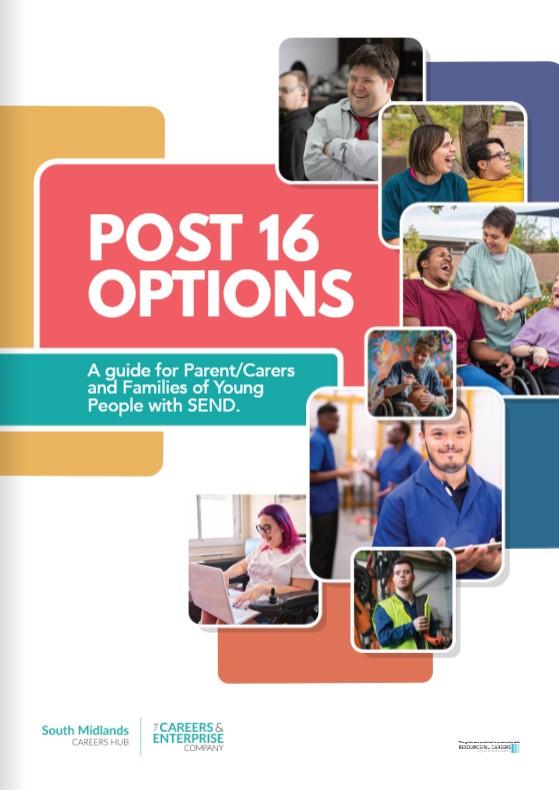Support at School
Schools and colleges must do their best to find out if you have special educational needs or a disability (SEND), and give you the support you need to learn.
They will look at:
- what support you need
- what they can do to give you that support
You can have your say about what support you get.
Until the age of 18, you have the right to a good quality education and you should be encouraged to go to school to the highest level you can.
Education is there to help you:
- learn the skills in becoming an adult
- be ready for work
- have the chance to join in social events
Support you can get in education and training
As in school, you can carry on getting help with things you need, like:
- a specialist tutor or note-taker
- learning in a small group or through one-to one teaching
- access to information in different ways like sign language, braille or using symbols
- assistive technology like a tablet, reading pen, voice recognition or screen reading software
- the support of a mentor or an advocate
- access to therapies, like speech and language or support from mental health services
- training in skills to live more independently
You may also be able to get some health care and social care support to help you with your learning and development. Your school's Special Educational Needs Coordinator (SENCO) can help you to find out if this applies to you.
Support at work
If you get a job, you may be able to get help through Access to Work for things like:
- special equipment
- adaptations to the workplace
- a support worker
If none of these options are suitable, you may be able to get help to make a package of support that is tailored just for you. Your school careers adviser, disability charities or a parent support network can help you to ask for this.


